Each year, teams of Harvard Law School students are given the opportunity to spend their Spring Break experiencing legal services work with clinics and legal organizations in the Boston area, or working on projects around the country and abroad. These trips and placements are part of an “alternative spring break” program developed and sponsored by the Office of Clinical and Pro Bono programs at Harvard Law School.
This year, during the week of March 11-18, students worked locally at the Volunteer Lawyers Project of the Boston Bar Association (VLP), and Project Citizenship; nationally, they worked at American Gateways in San Antonio, Texas; Delta Directions in Clarksdale, Miss.; and as part of Hurricane Maria Relief Projects in Puerto Rico.
At VLP, students worked with volunteer attorneys in the Greater Boston area to assist litigants at the Lawyer for the Day programs at the local courthouses related to guardianship, small claims, and housing. Students also helped to screen and close bankruptcy cases and follow-up on client calls in the unemployment unit. They engaged in legal research and writing projects related to issues that arose at the Lawyer for the Day programs, and assisted with advice and intake at the Eastern Regional Legal Intake.
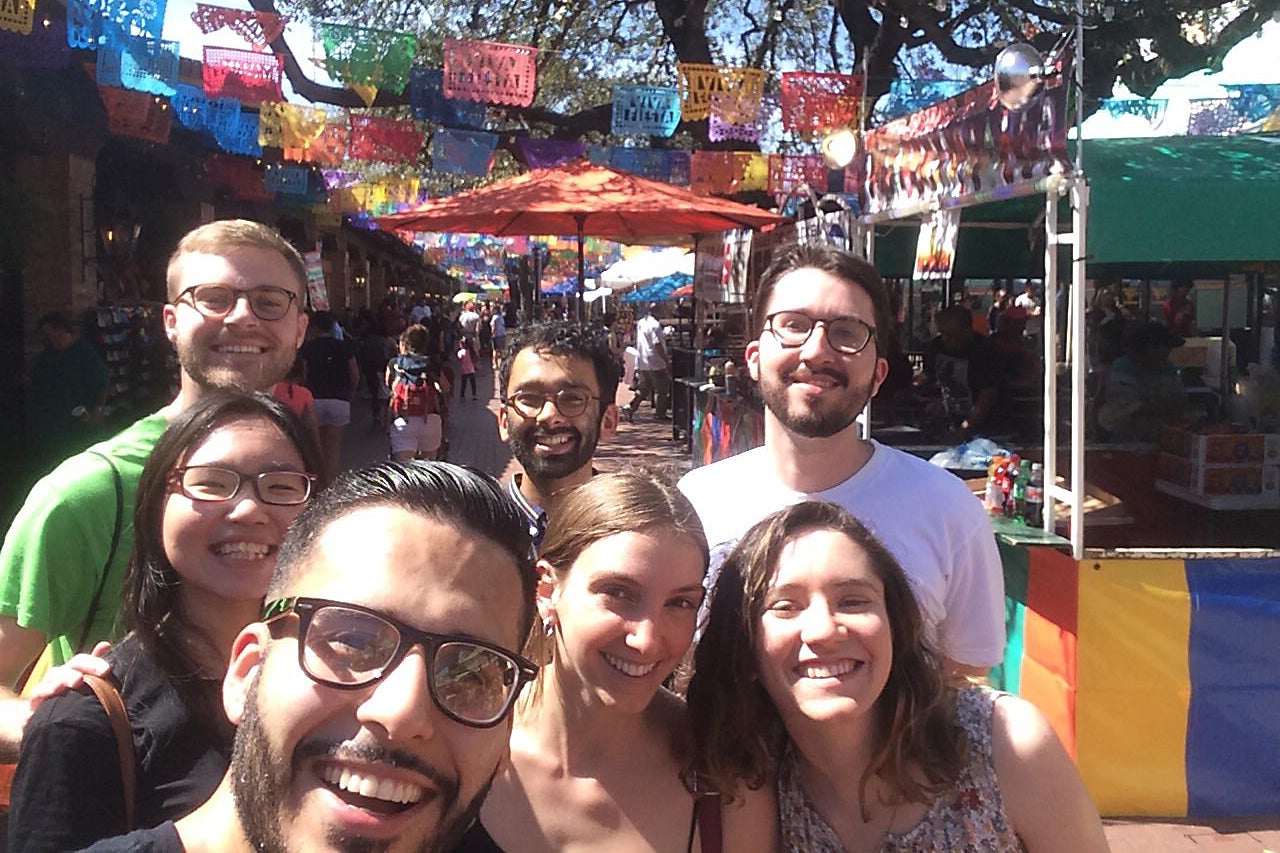
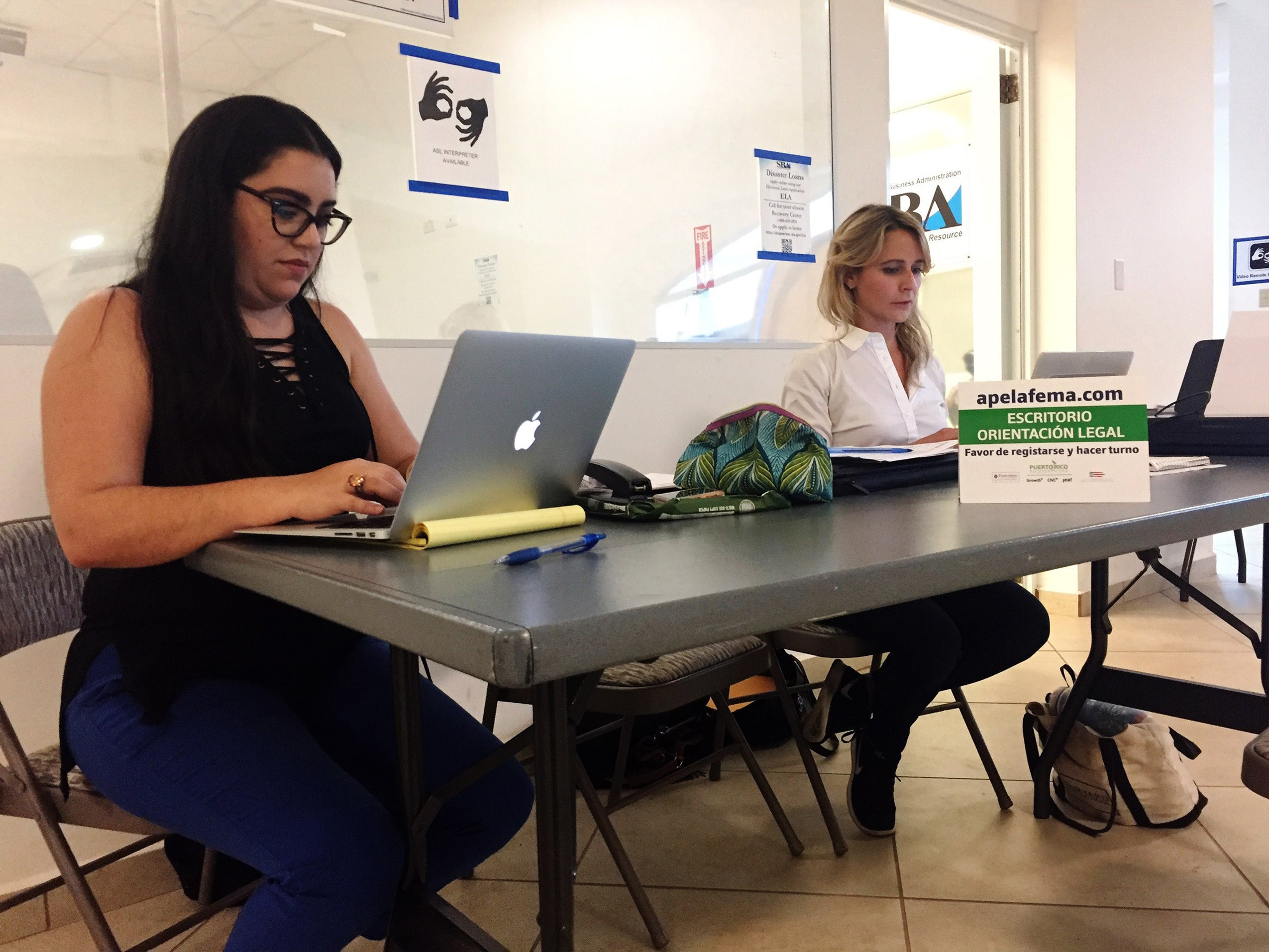
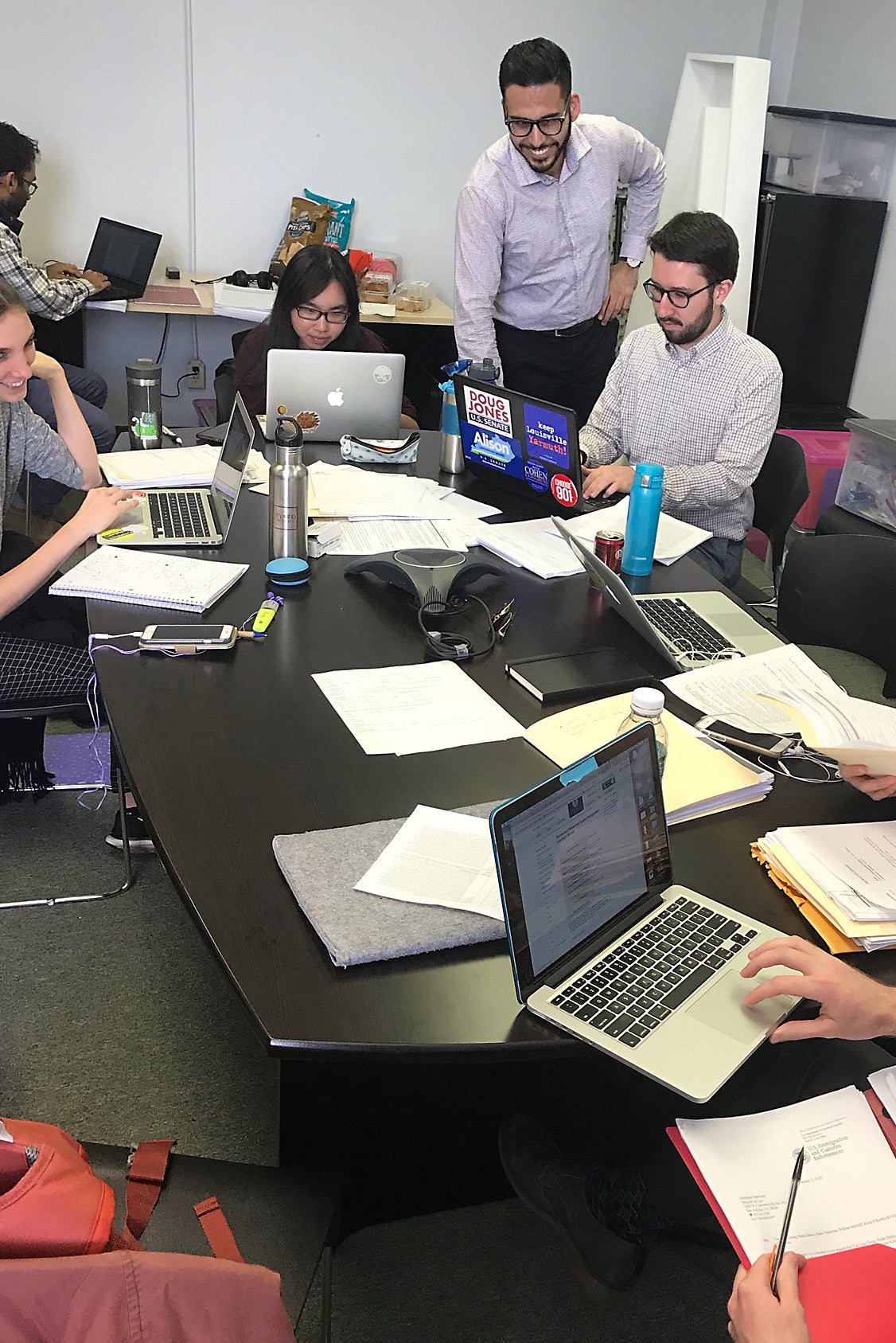
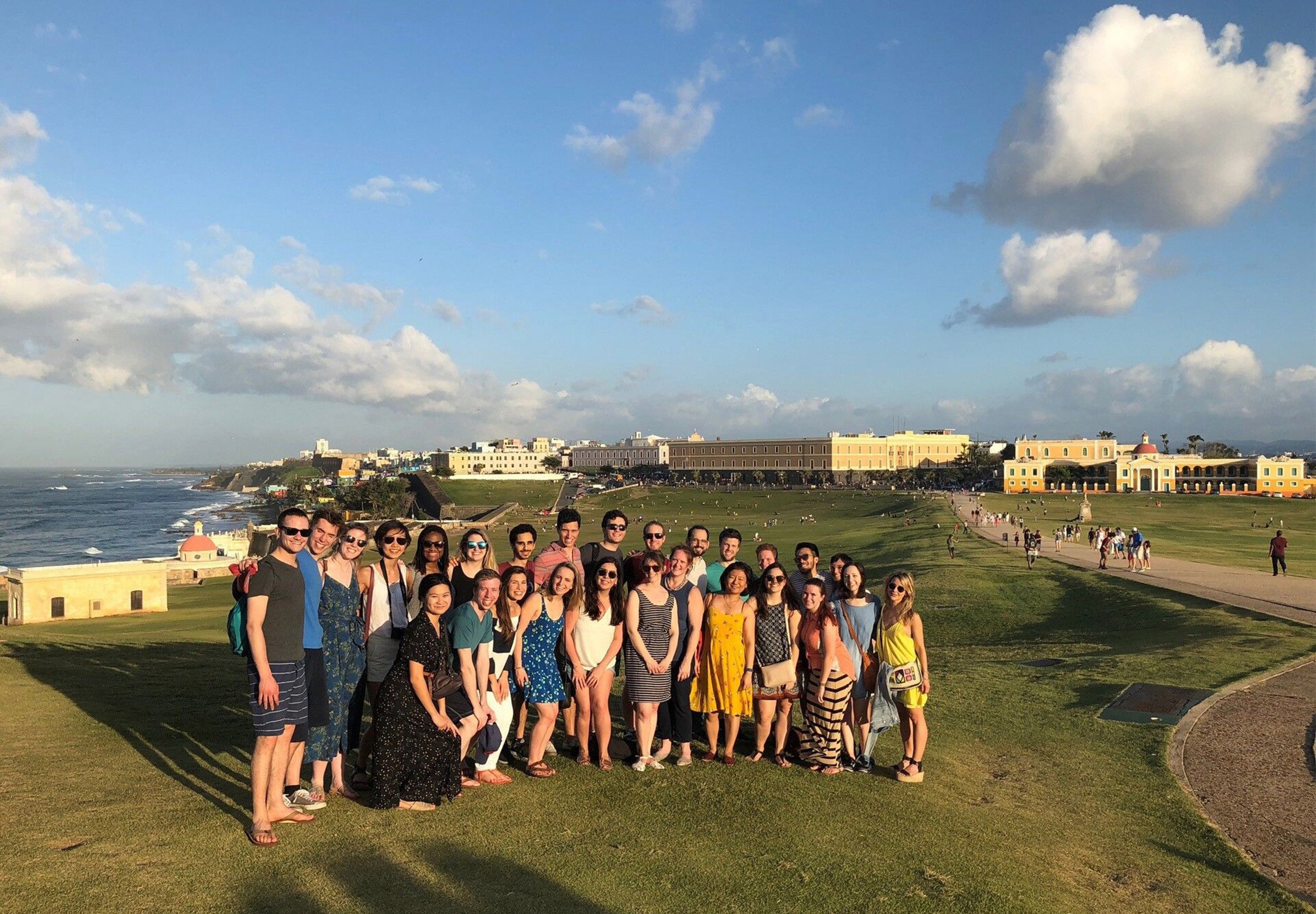

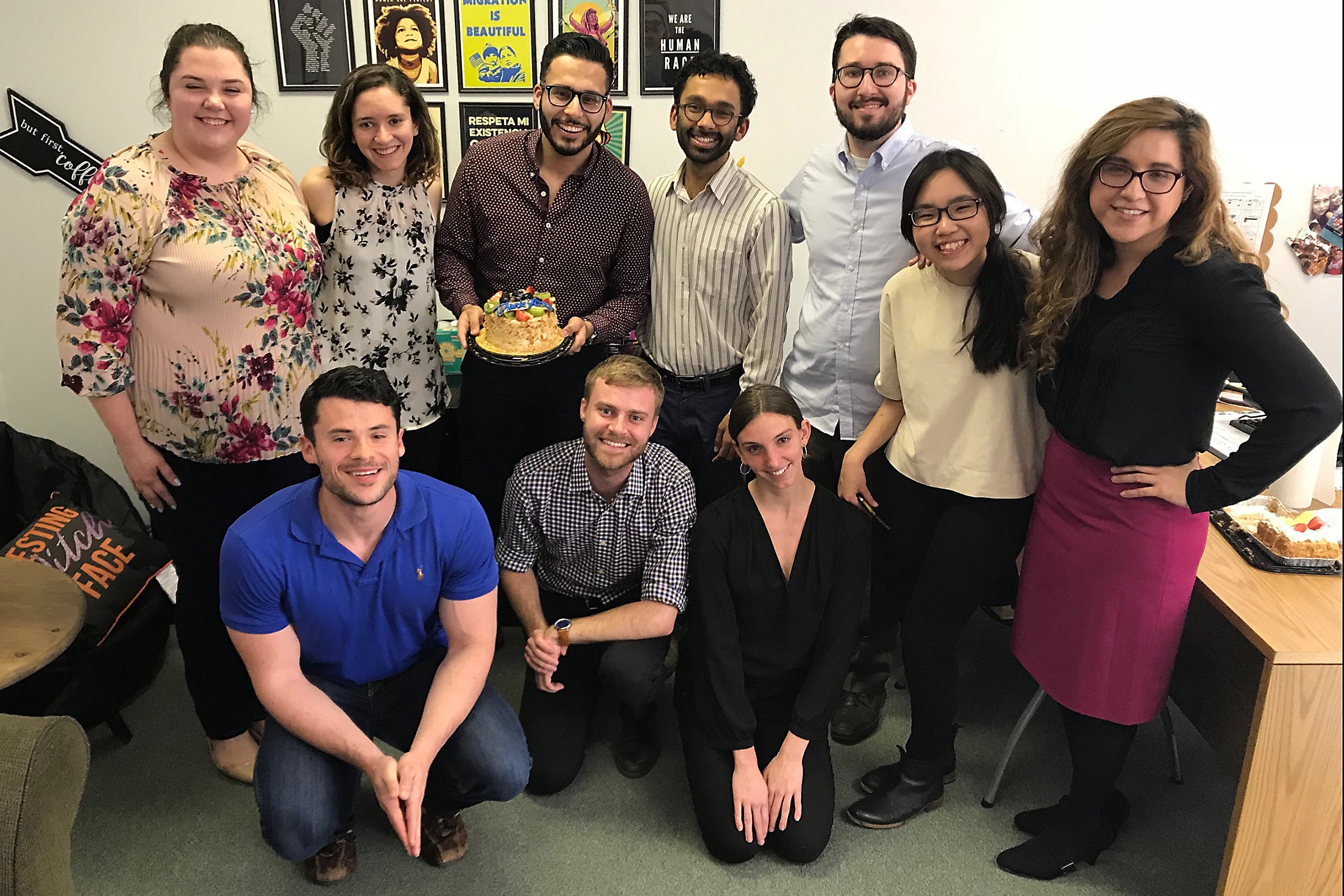

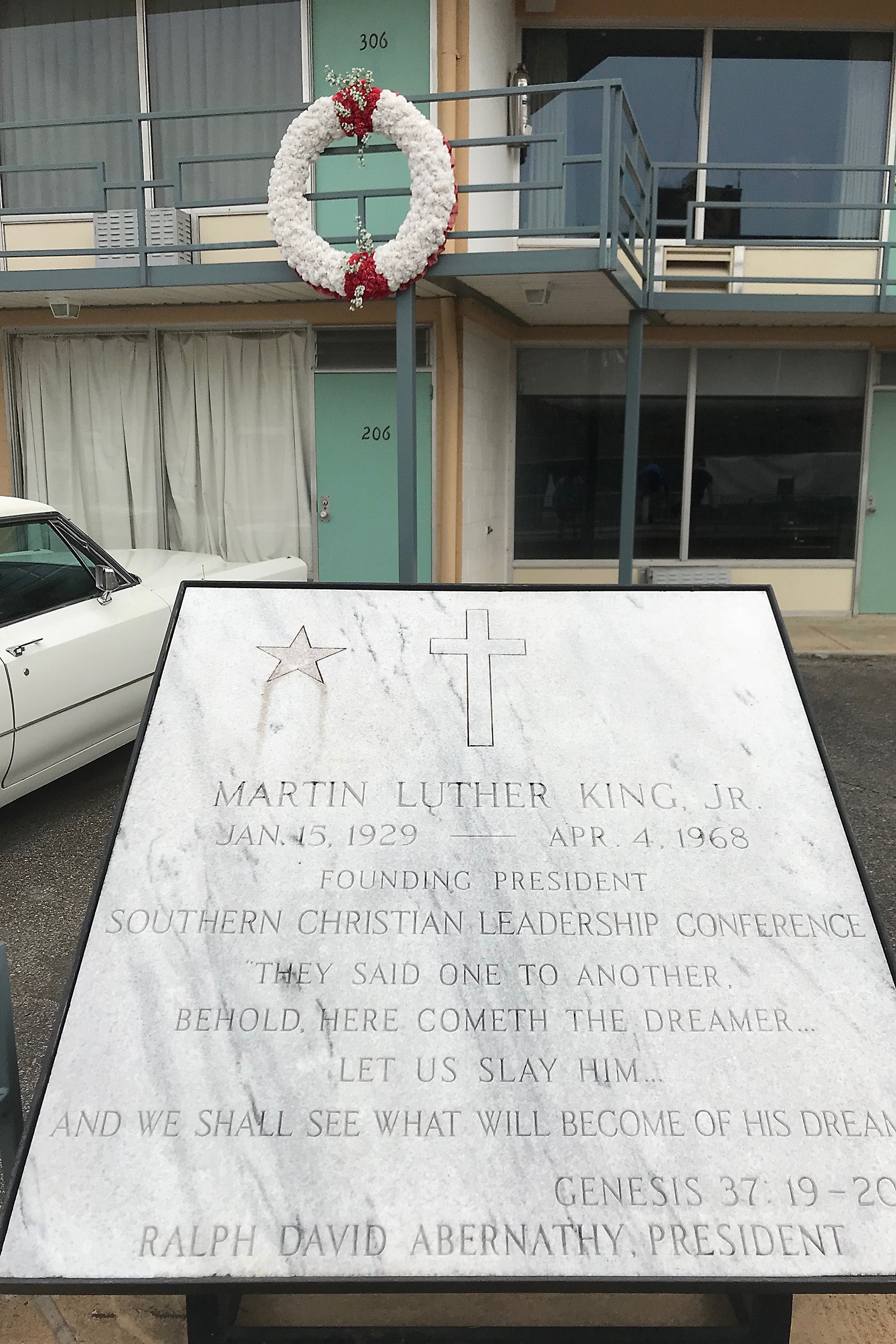
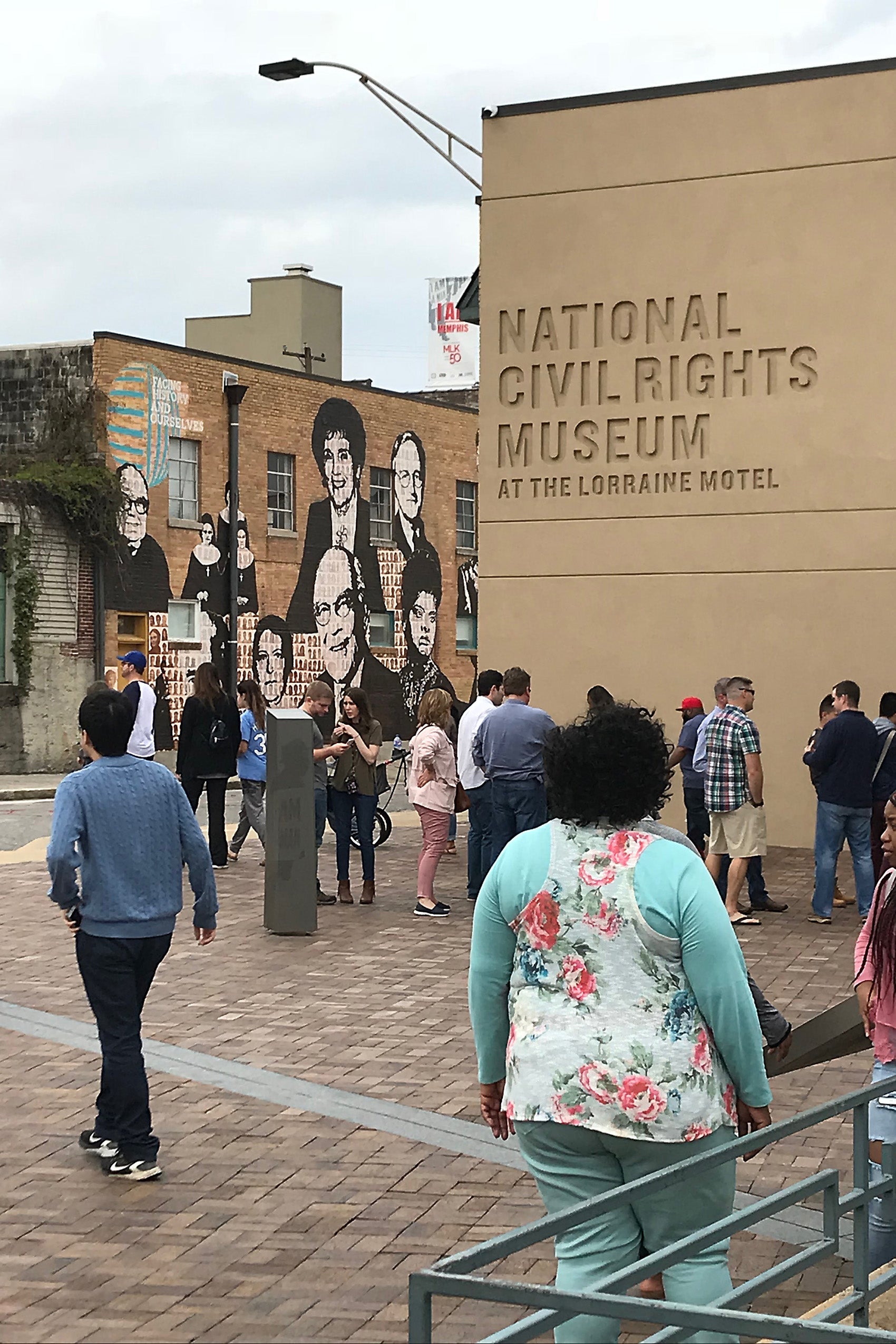
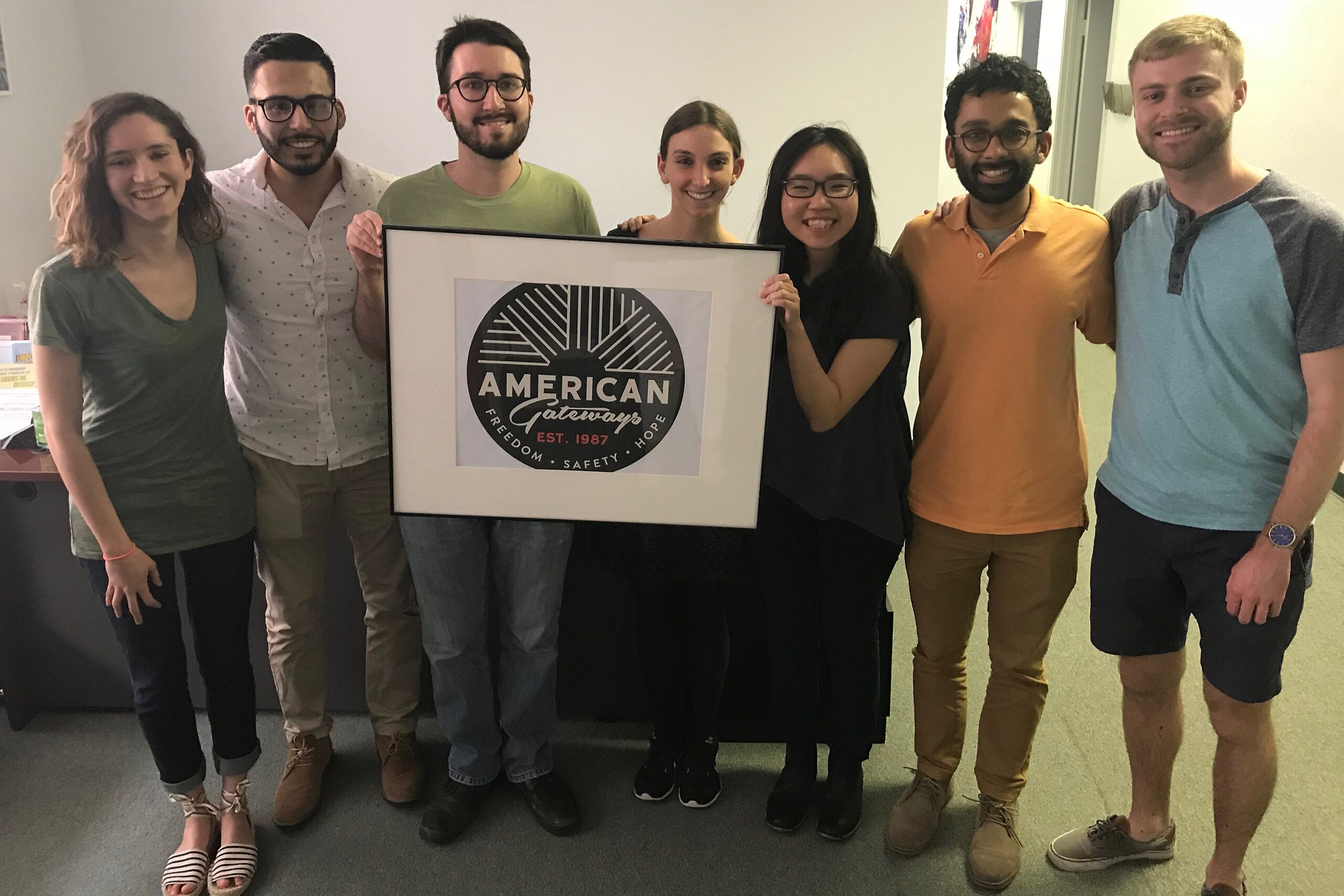
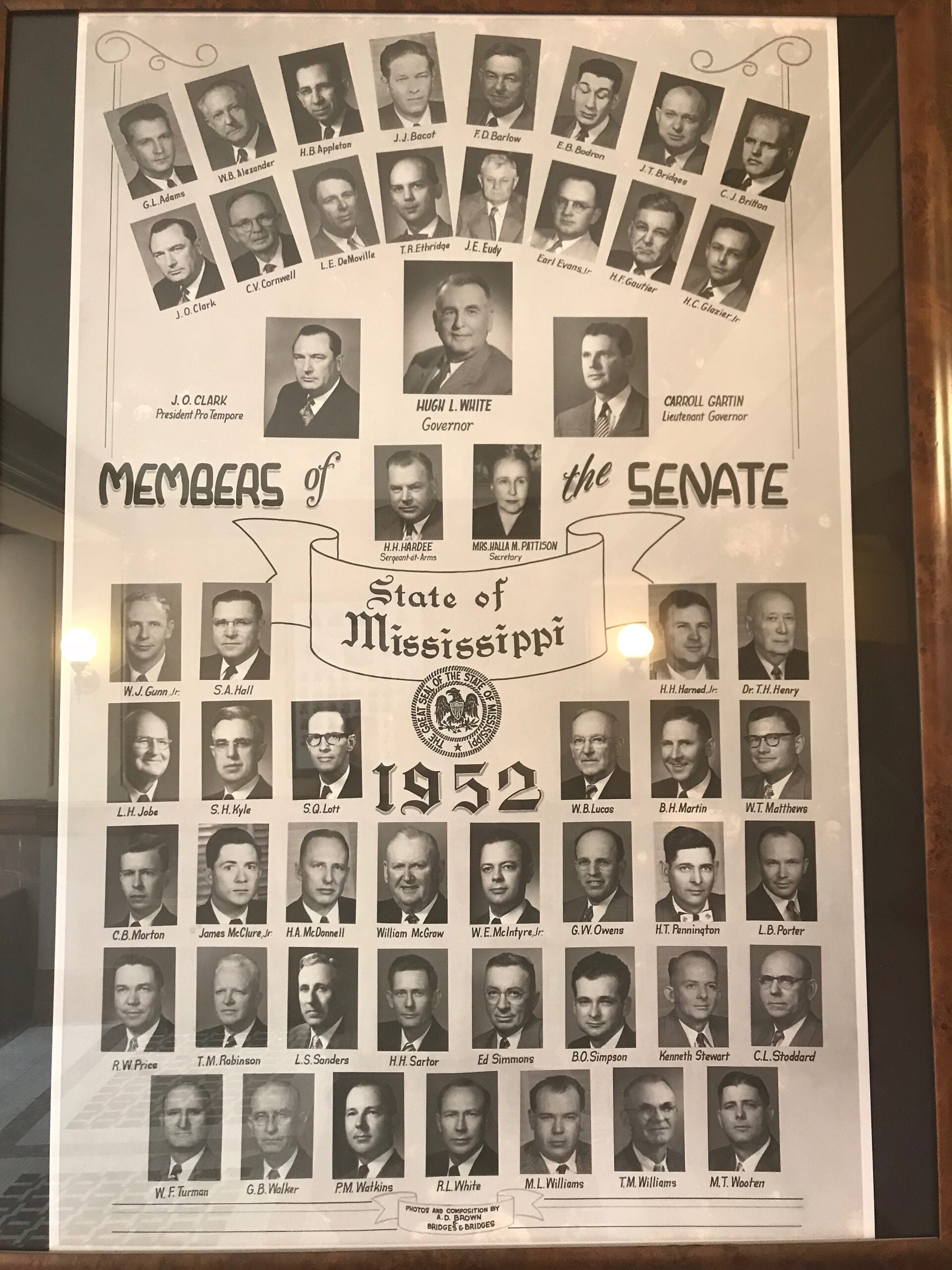
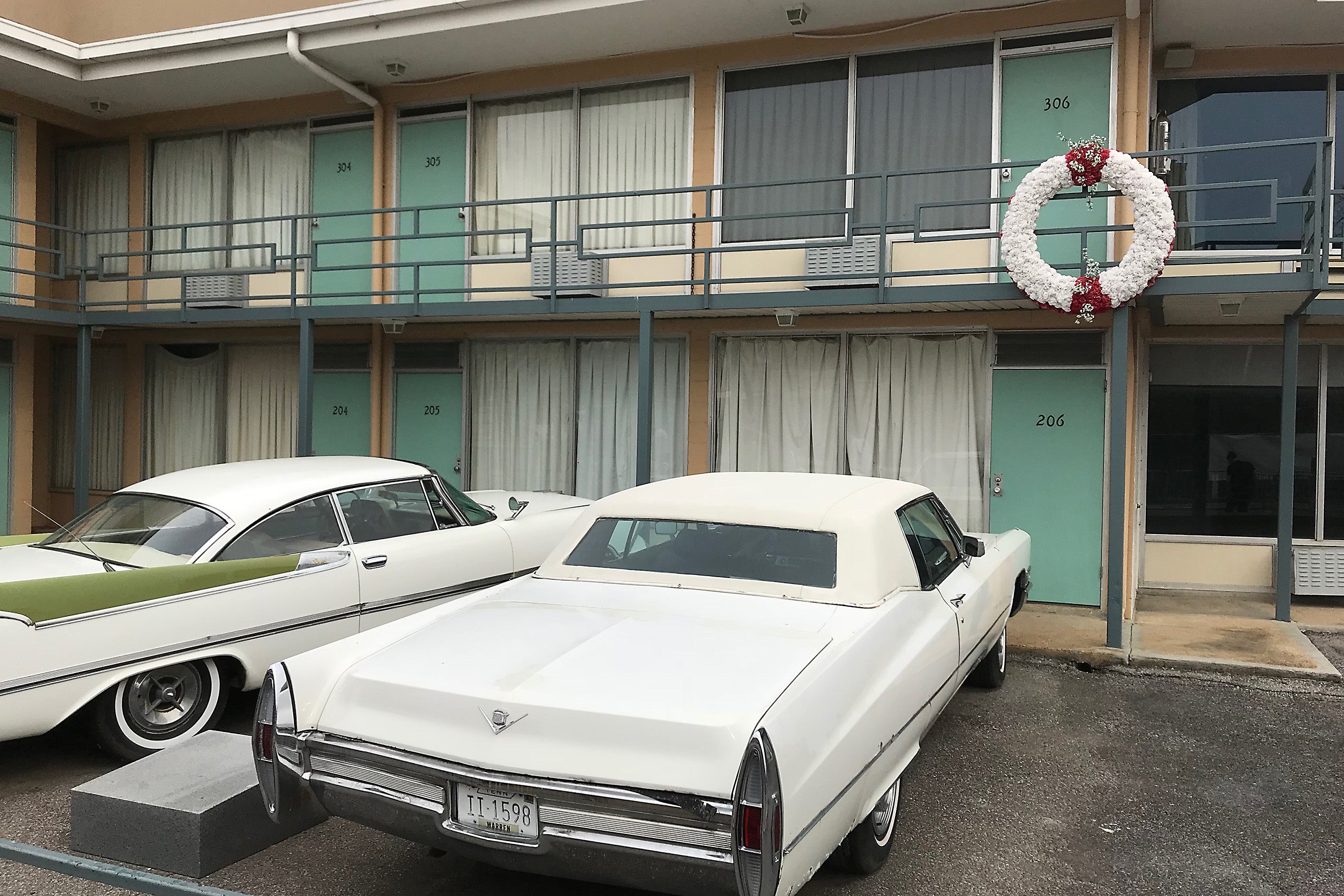
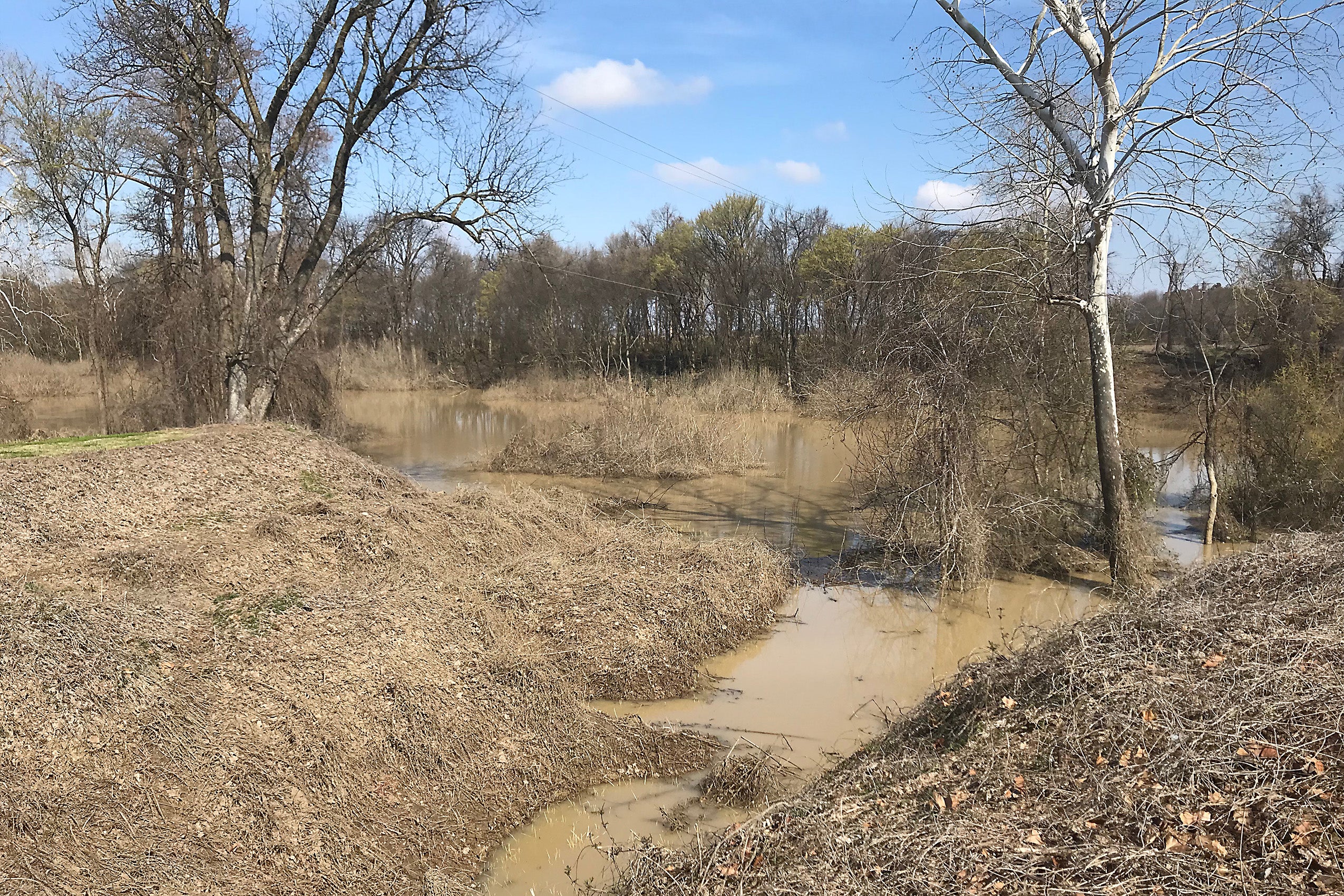
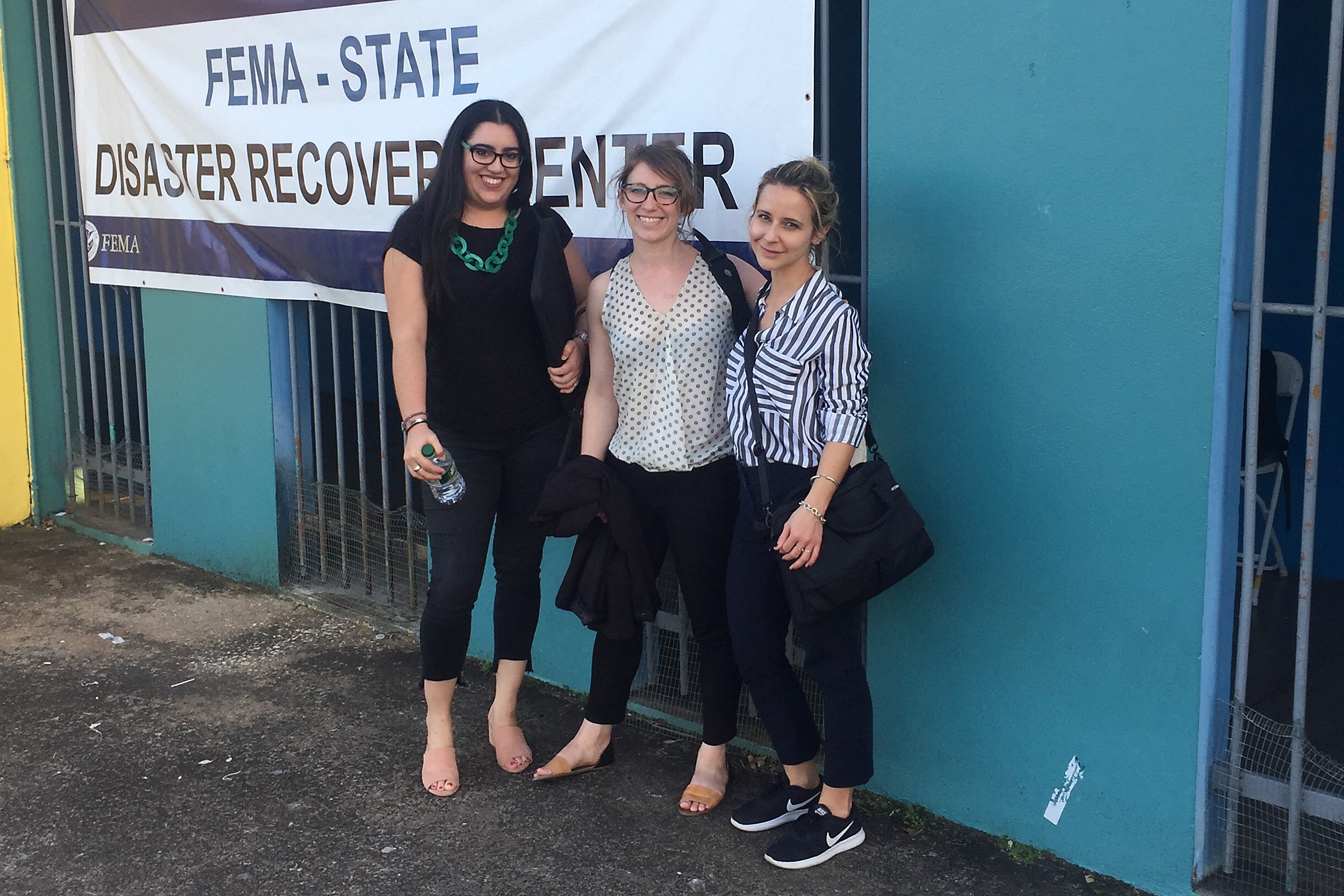

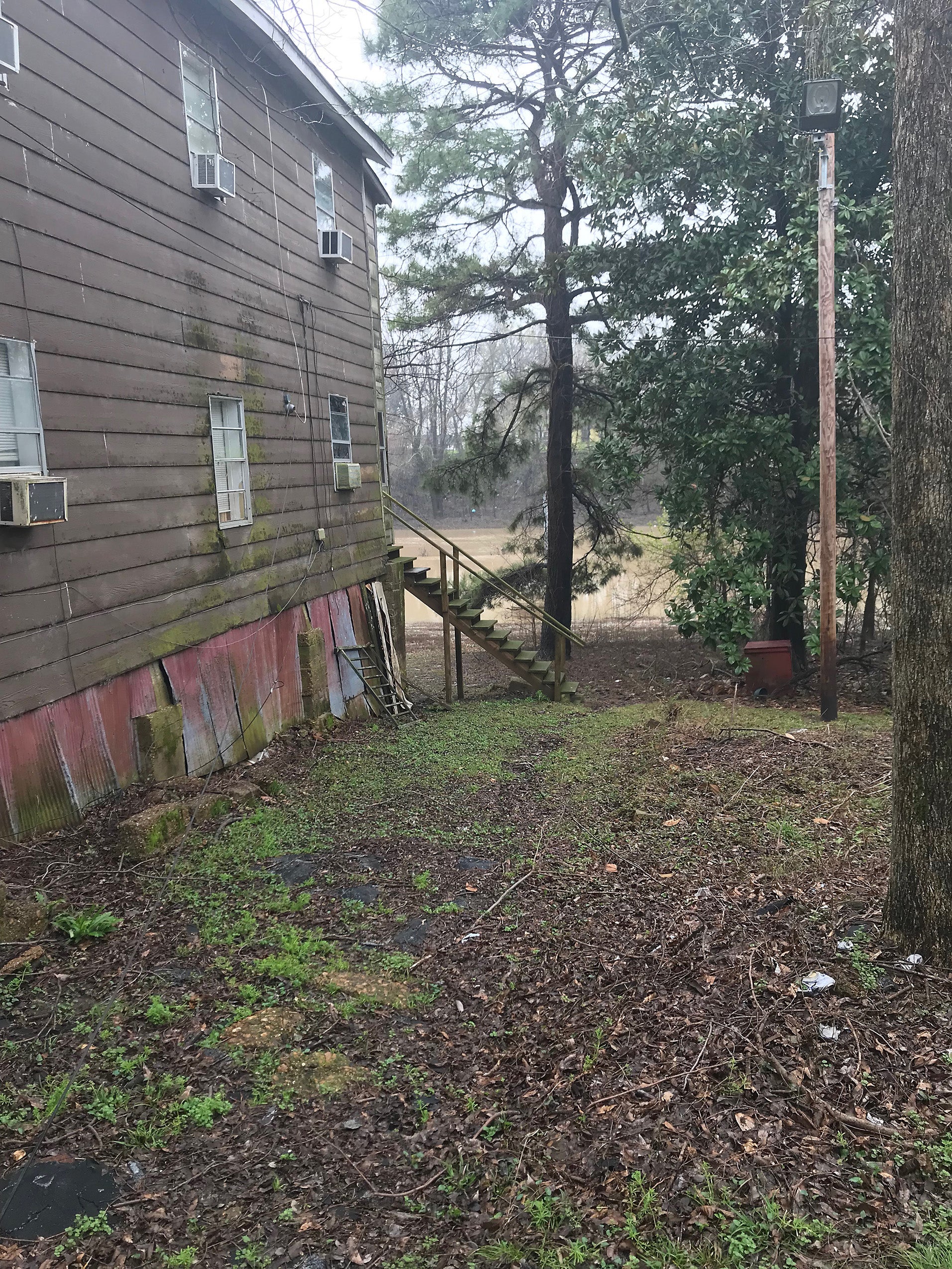
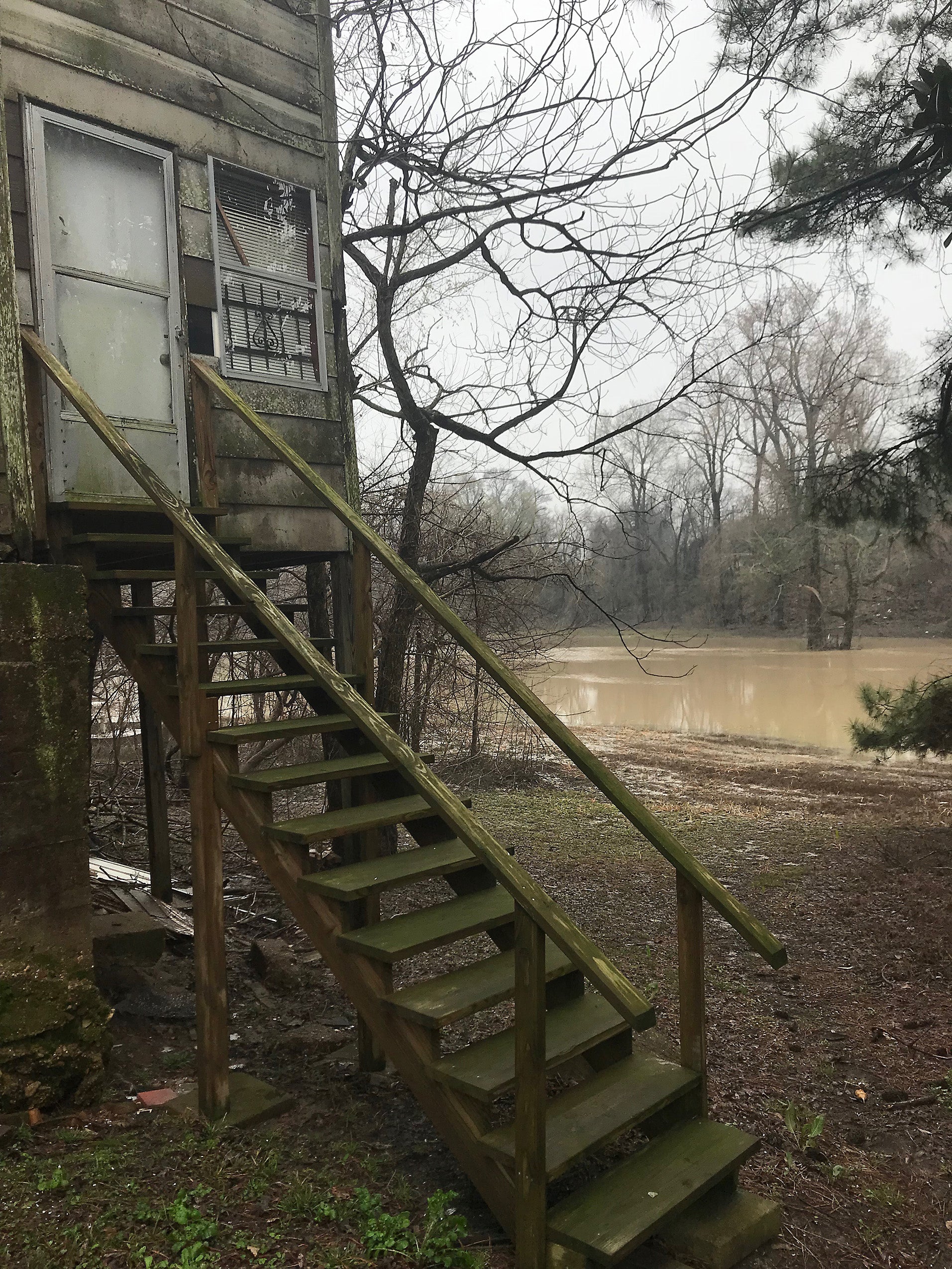
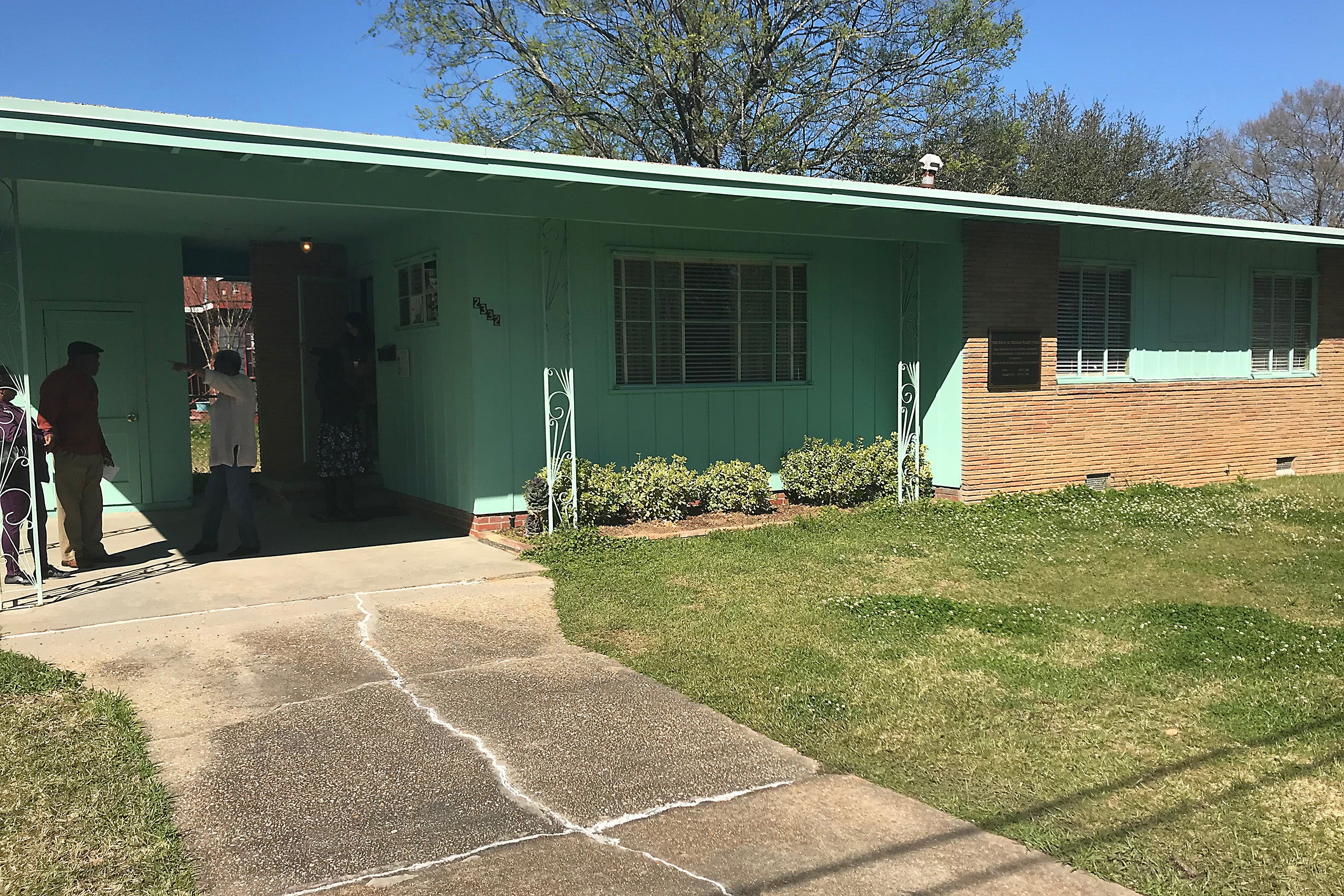
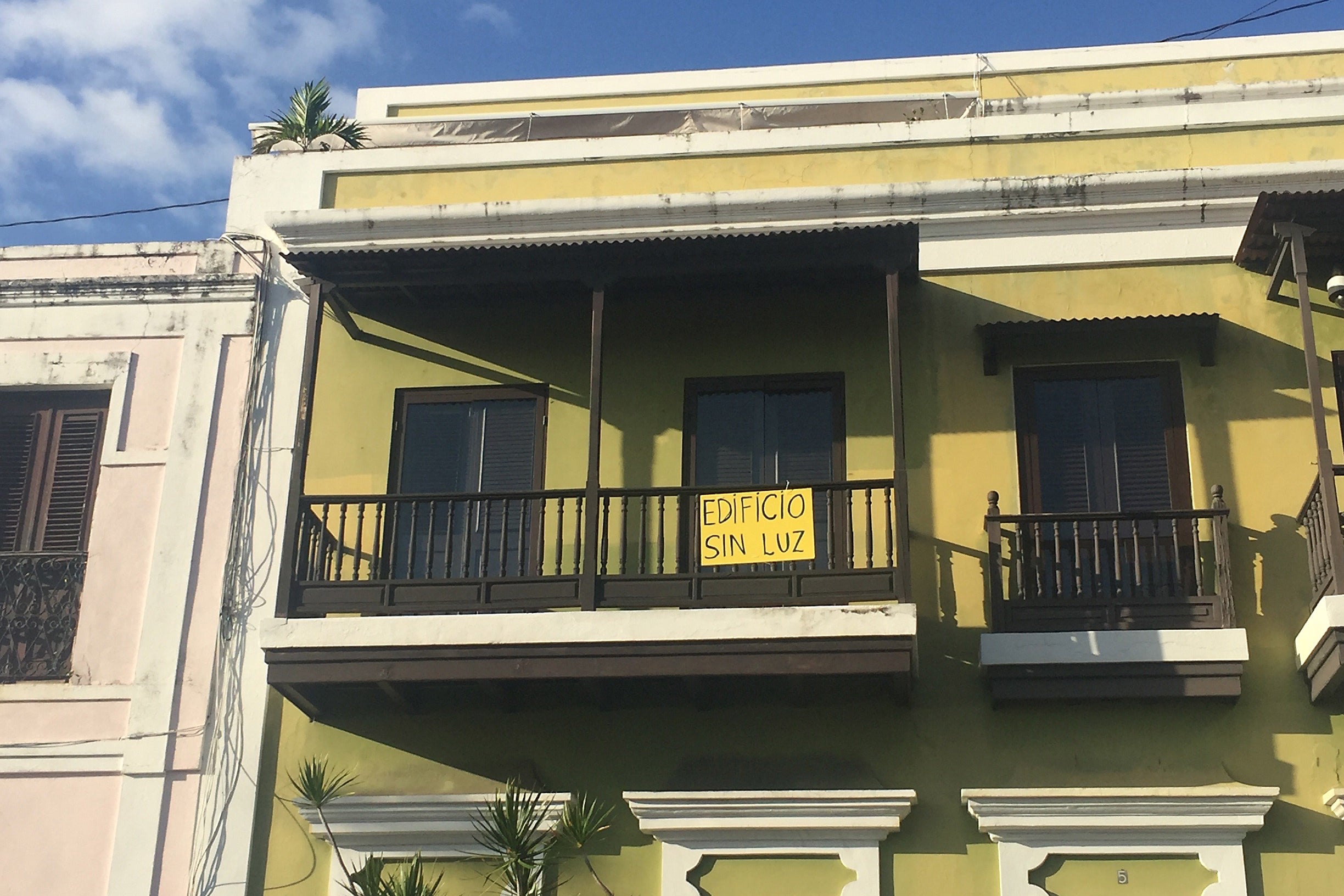


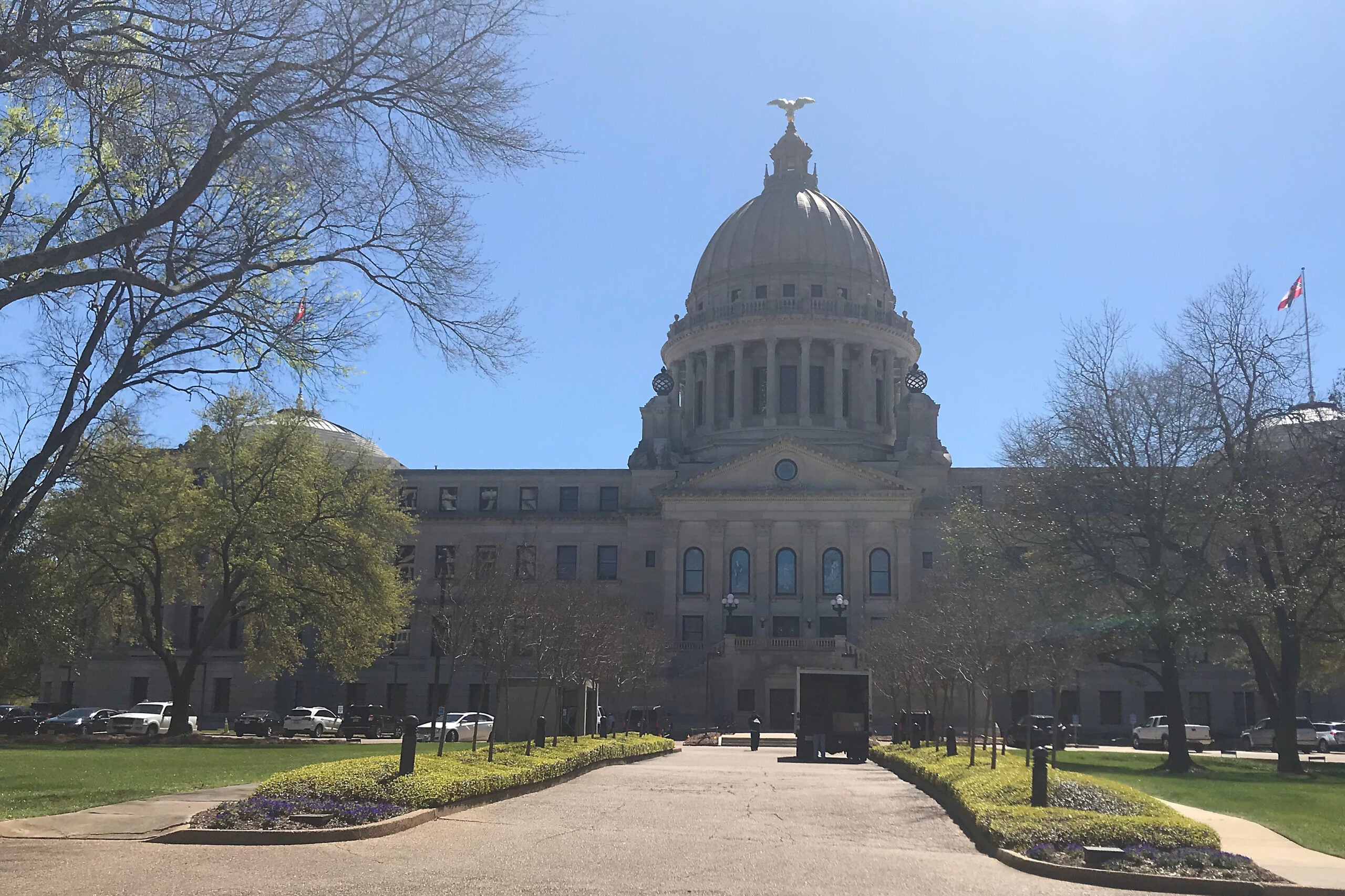

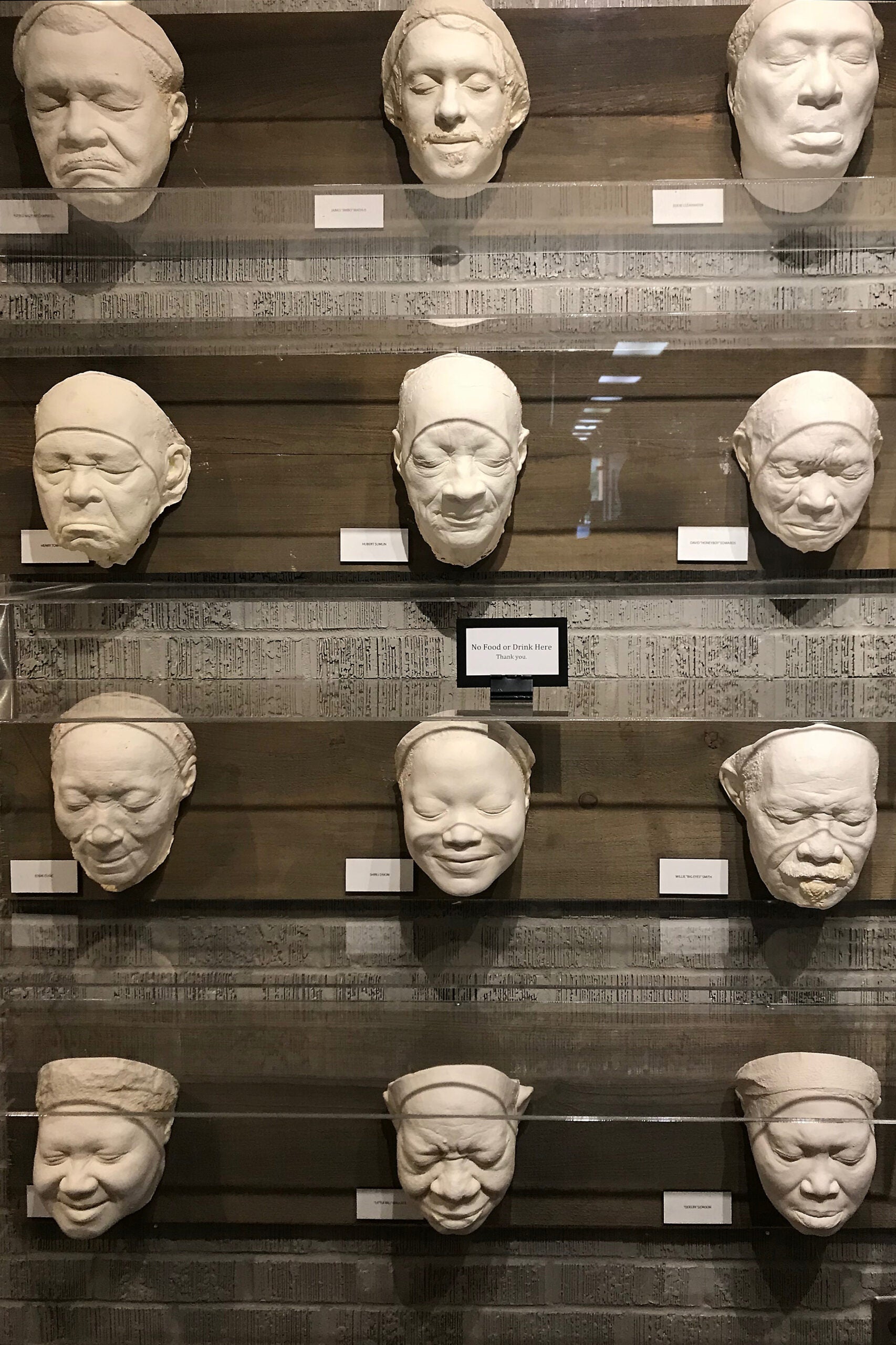
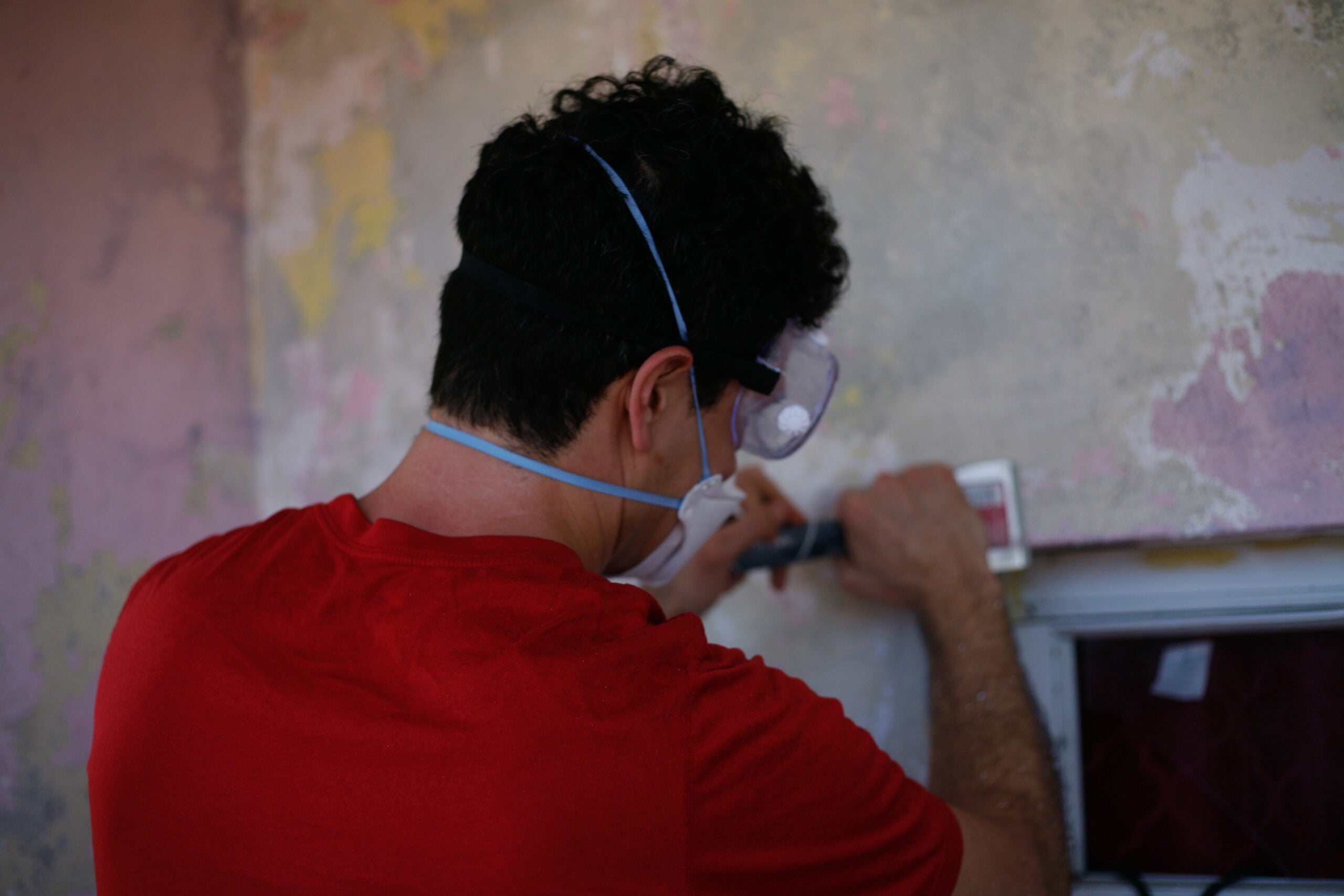

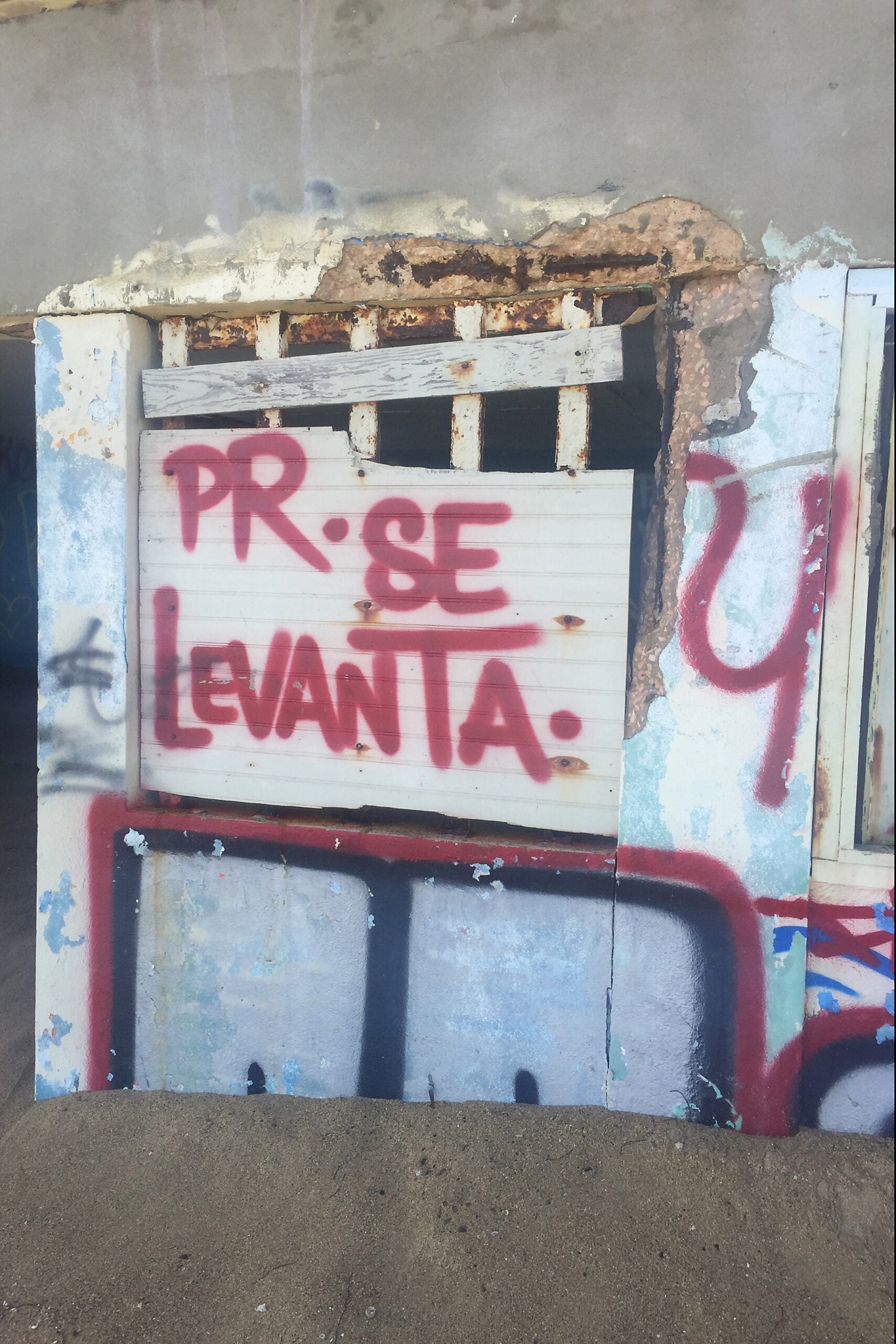
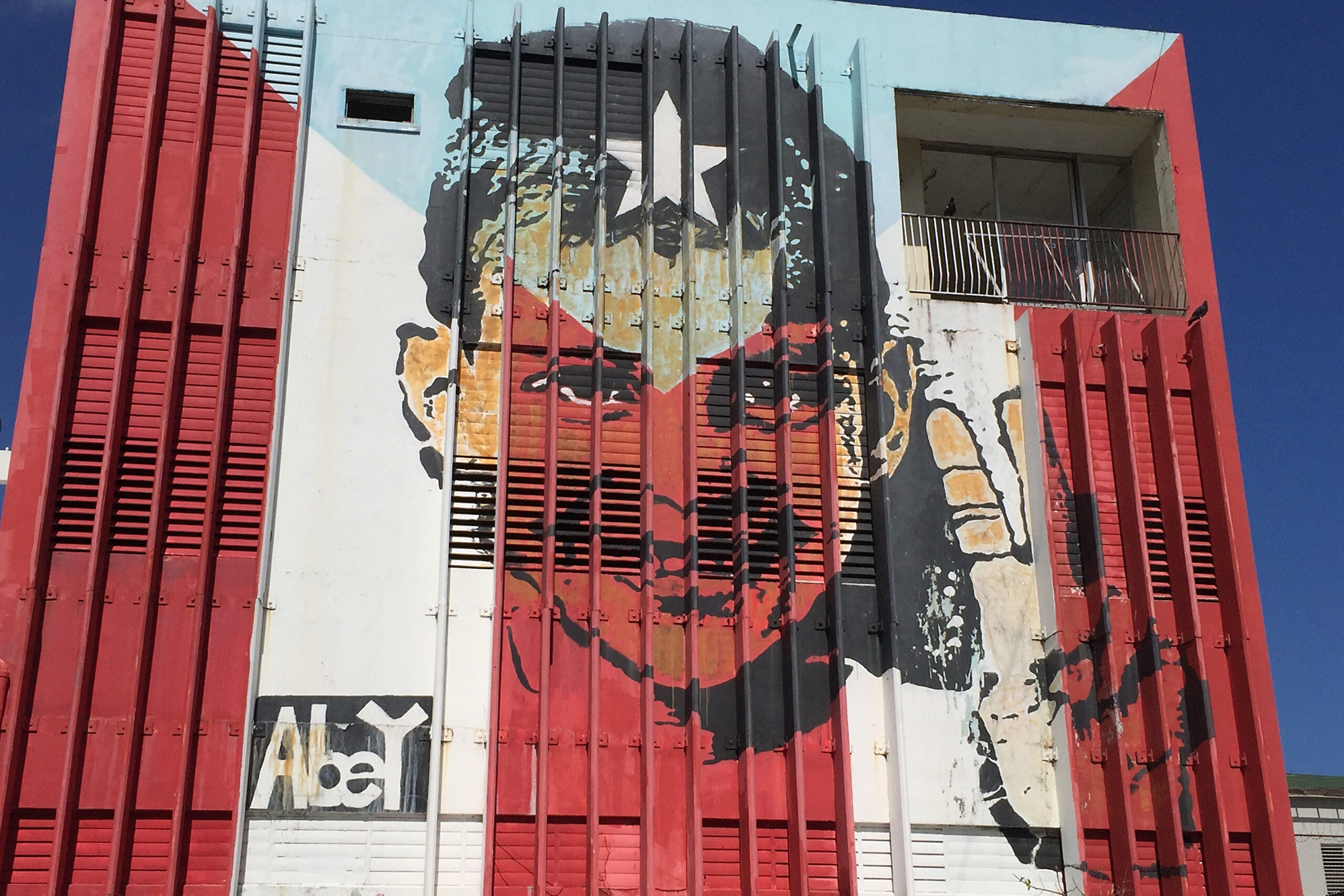
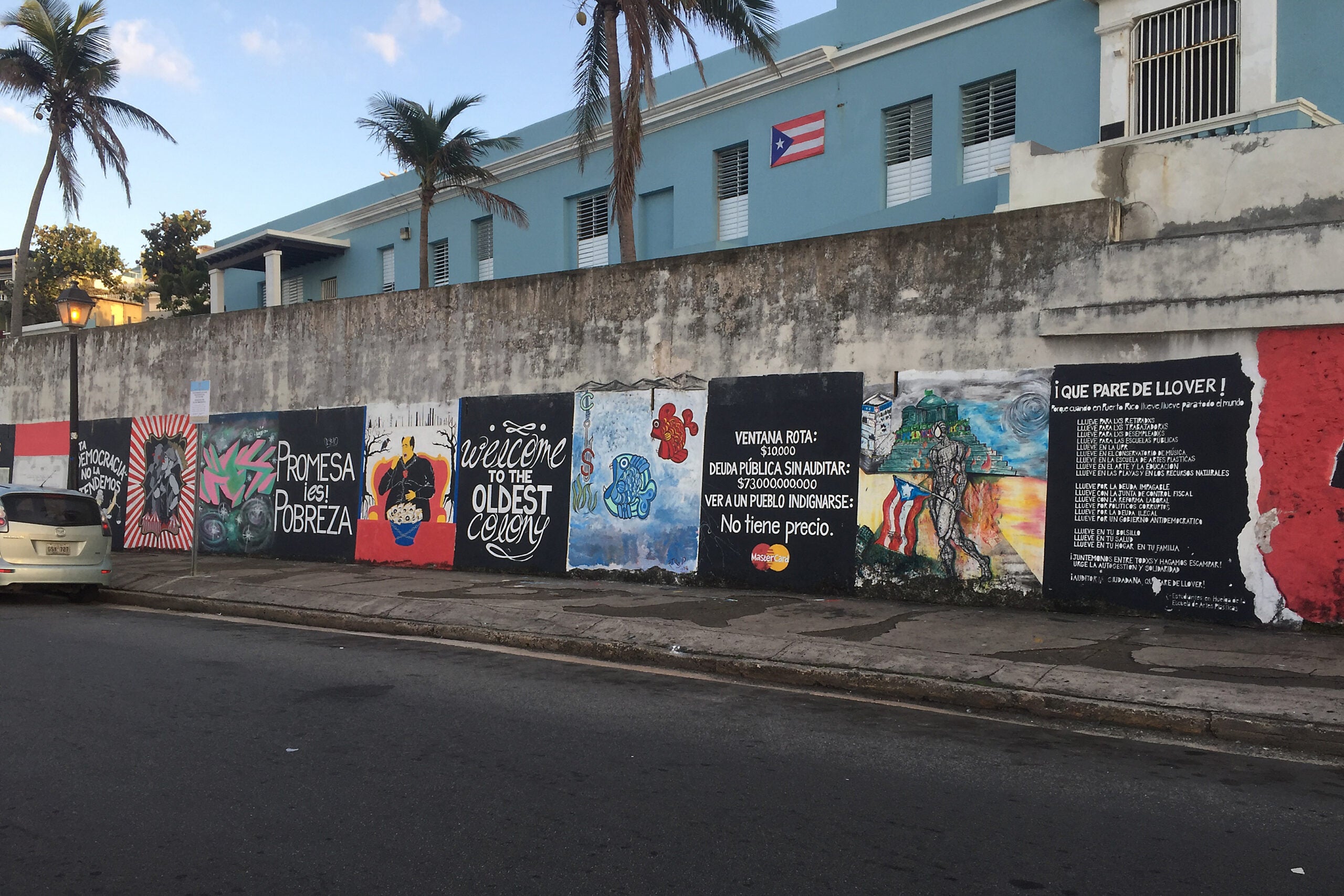
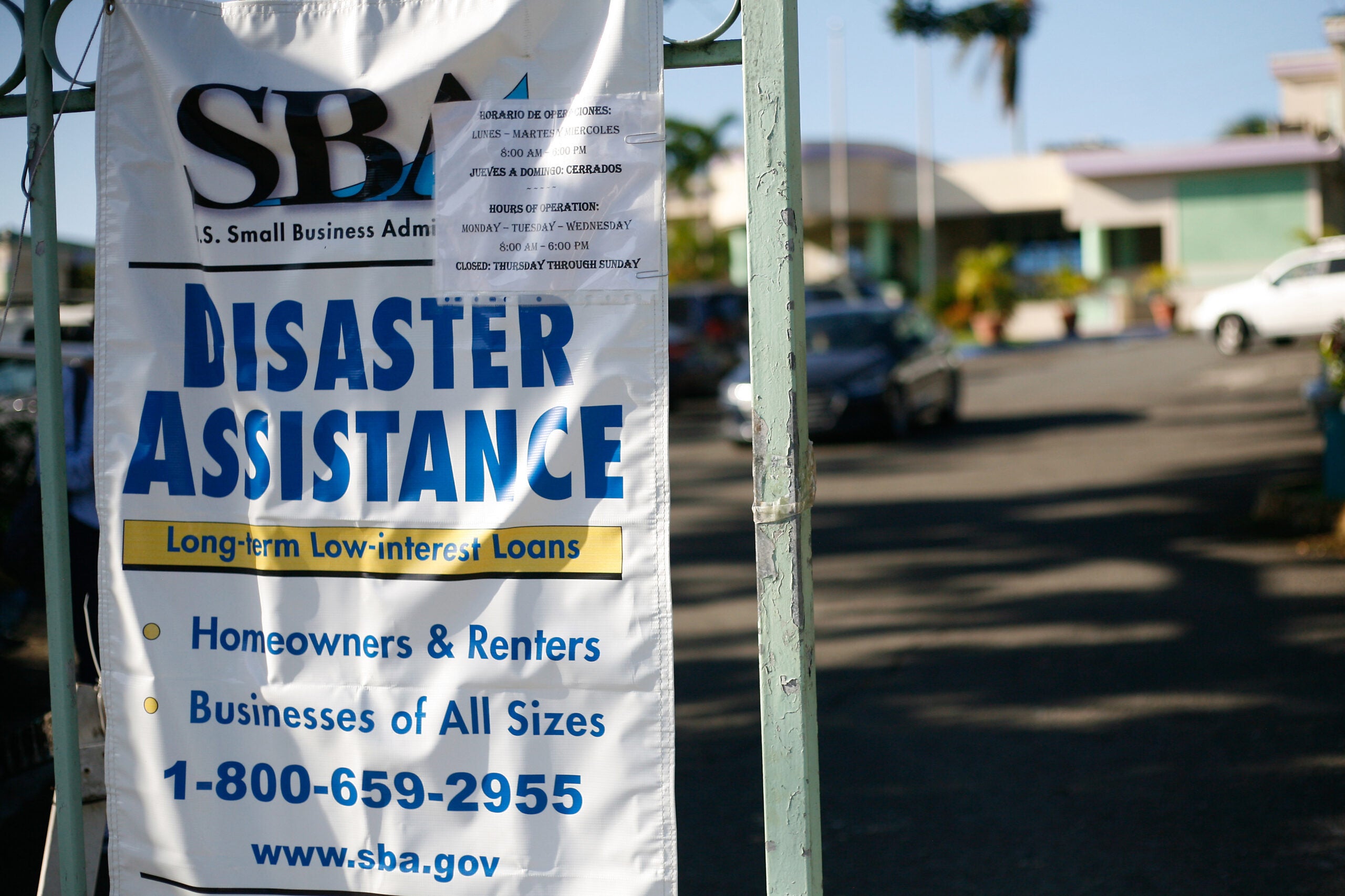
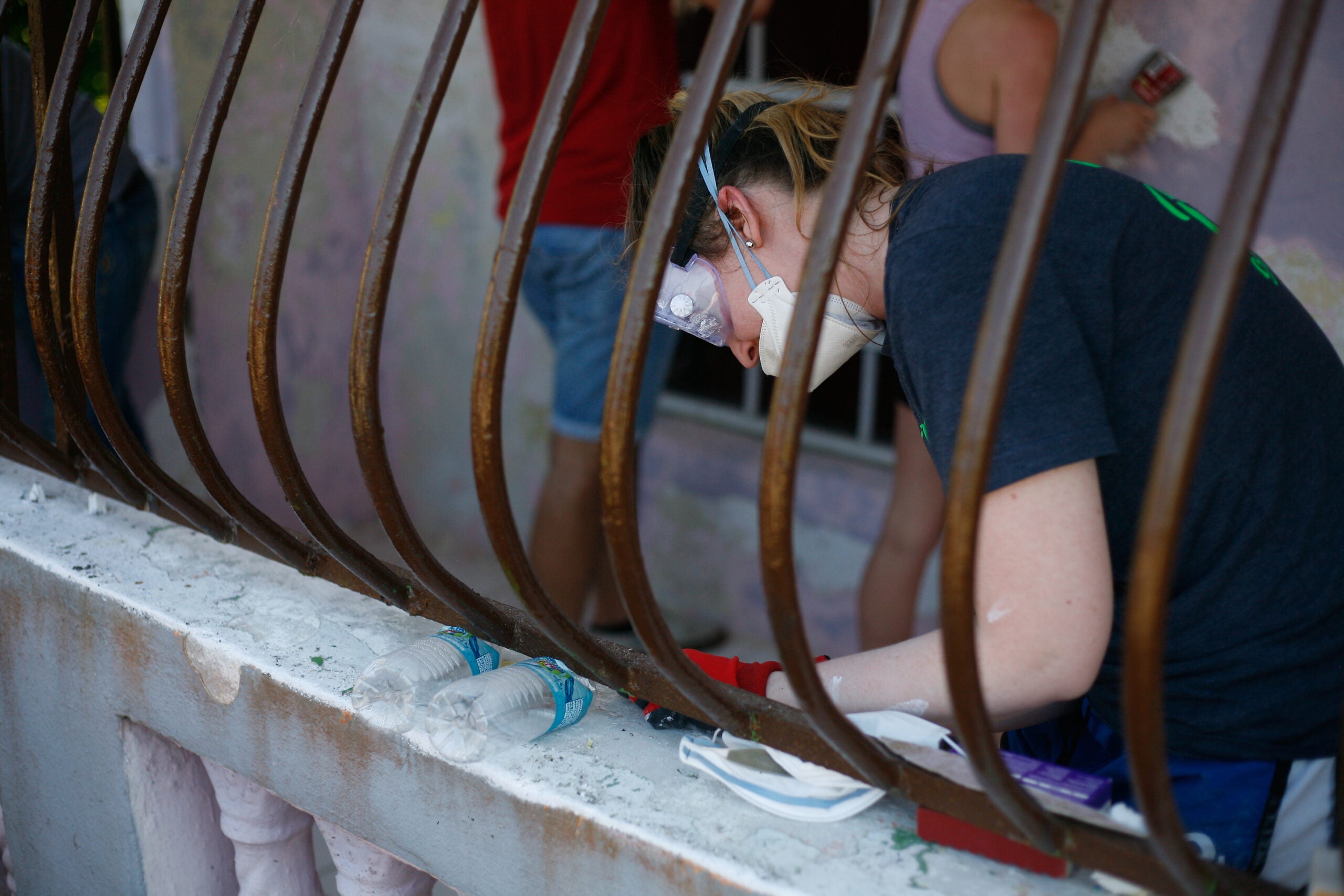
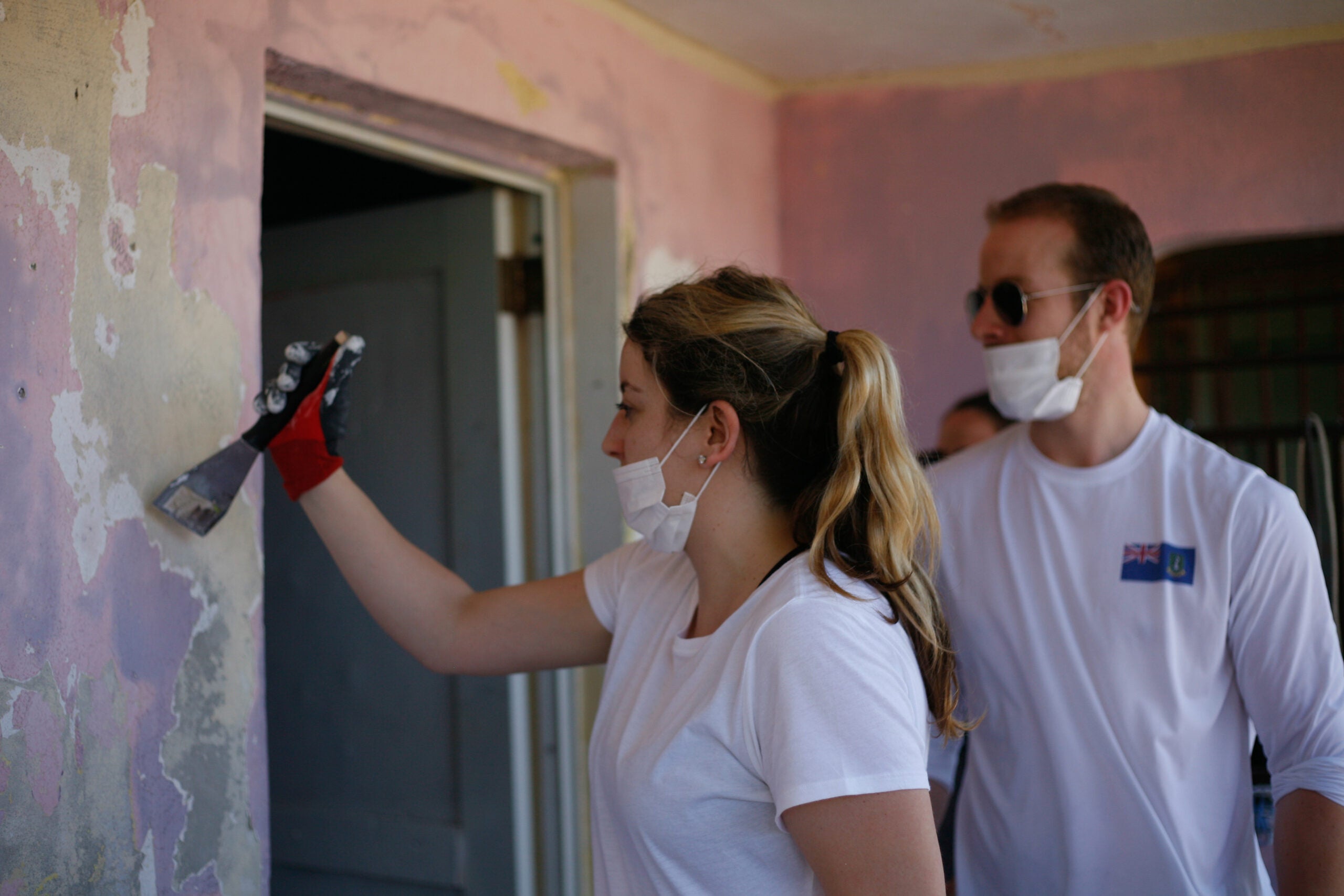
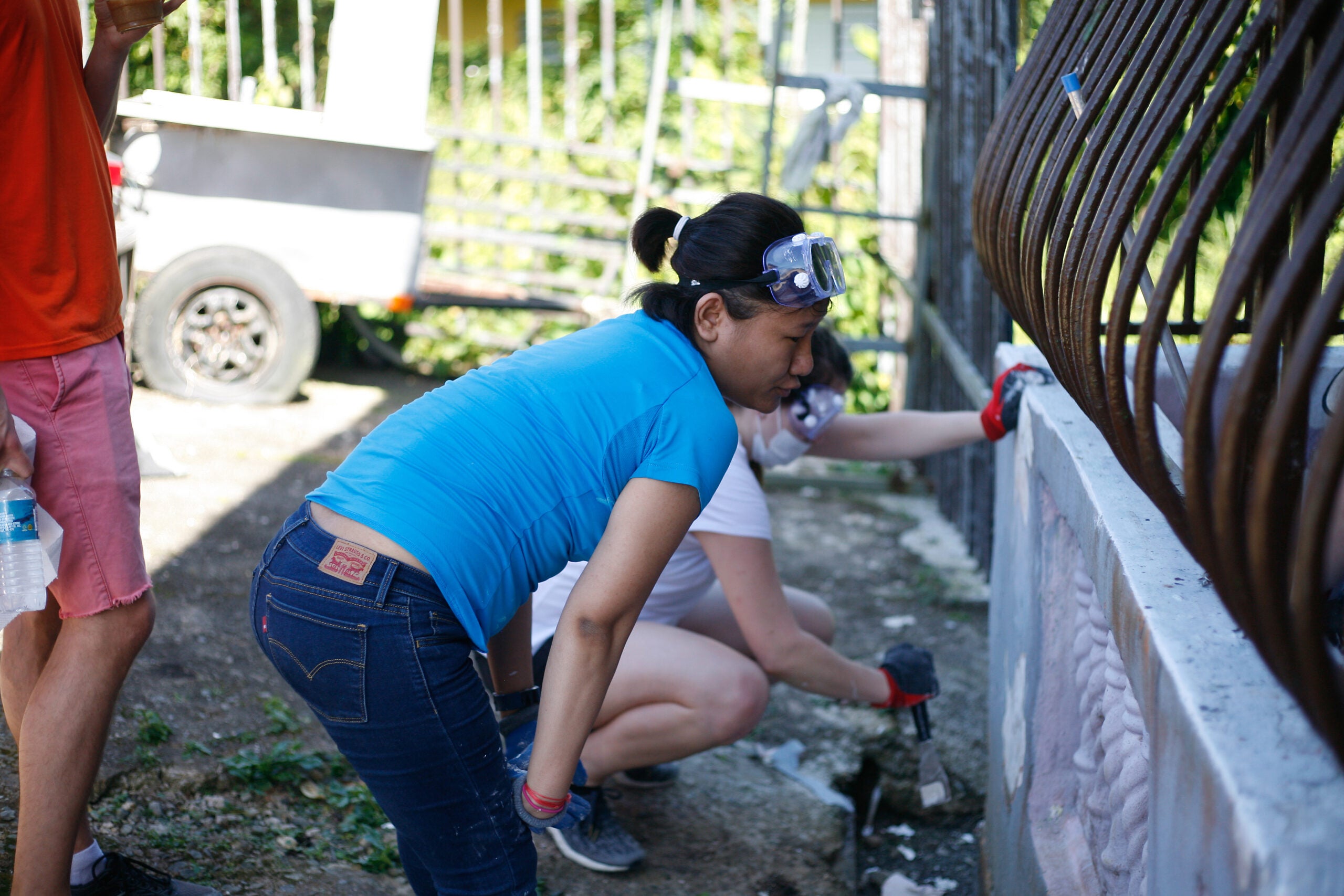
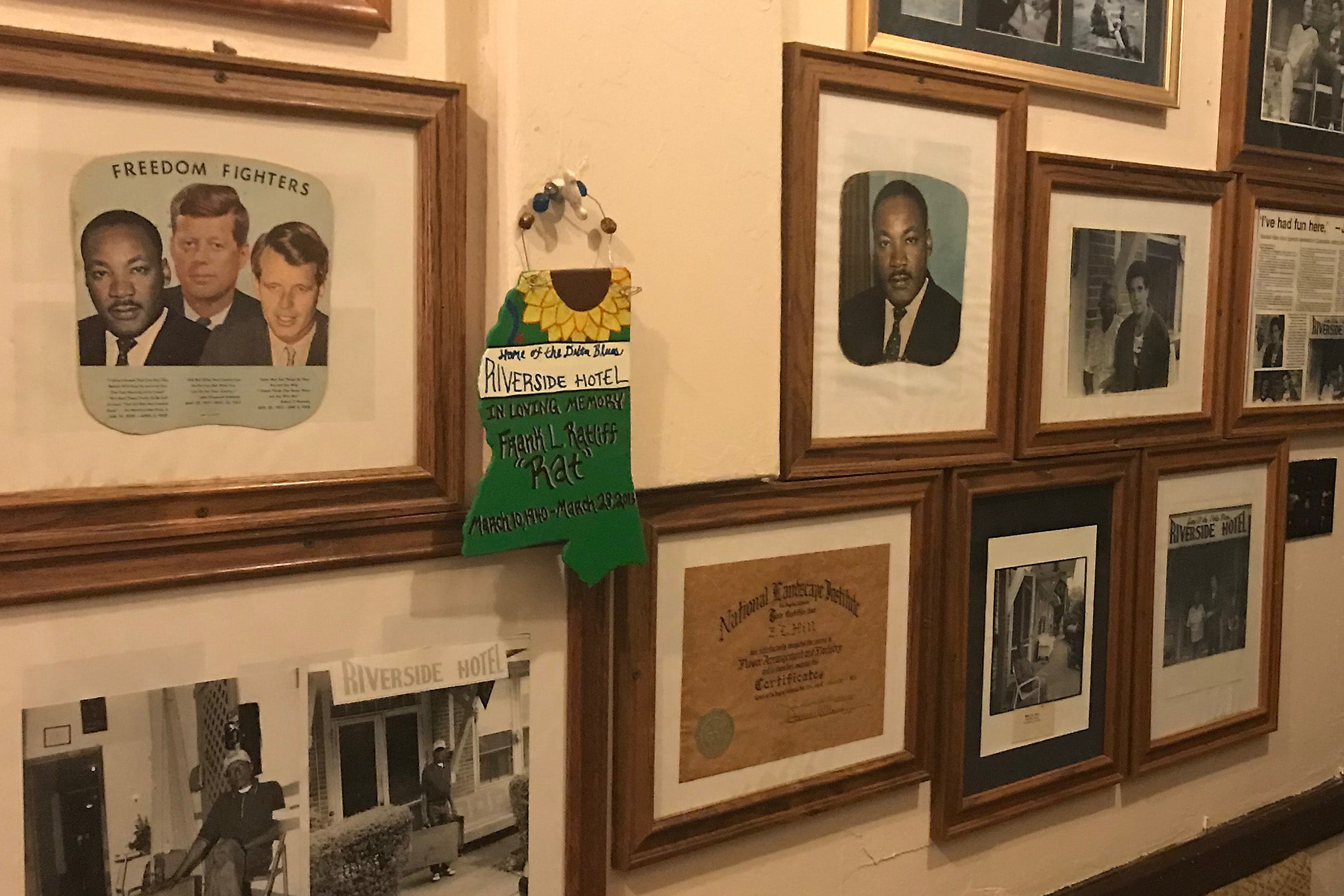
At Project Citizenship, students worked to help legal permanent residents become U.S citizens. Students did legal research, represented clients at interviews, followed up and contacted clients to finish their applications, assisted with citizenship applications, and advocated for disability waivers.
Students also traveled to San Antonio, Texas, to work with American Gateways, a nonprofit that serves the low-income immigrant community in Austin, San Antonio, and throughout Central Texas. Students helped pro se clients at the Pearsall Detention Center prepare for their merits hearings, gathered country conditions, and reviewed 589 asylum applications.
In Mississippi, where a recent HealthGrove analysis ranked the state as one of the top 20 (#18) worst states for lead poisoning, students helped develop community and state-based policy strategies for improving water testing and childhood blood lead level surveillance policies in Mississippi to educate stakeholders and develop community change regarding lead testing and monitoring. They conducted legal research on the policy landscape regarding decentralized water systems, water testing and monitoring, and childhood blood lead level surveillance at both the state and municipal level, and conducted in-person meetings and interviews with experts, local stakeholders, and Mississippi residents to garner context and insight on the issue in order to develop effective strategies.
In Puerto Rico, project teams of 29 students did humanitarian work and provided legal assistance on the Island in response to Hurricane Maria in September 2017. Some projects involved traveling to various disaster recovery centers throughout the Island to help residents submit FEMA appeals and performing legal research on securing property title and environmental issues.
This is the 14th year that the Office of Clinical and Pro Bono Programs has funded the trips, which originated in response to Hurricane Katrina in 2005, when students went to New Orleans to assist displaced families.
Here, a few students share their accounts, reflecting on the significance of their service.
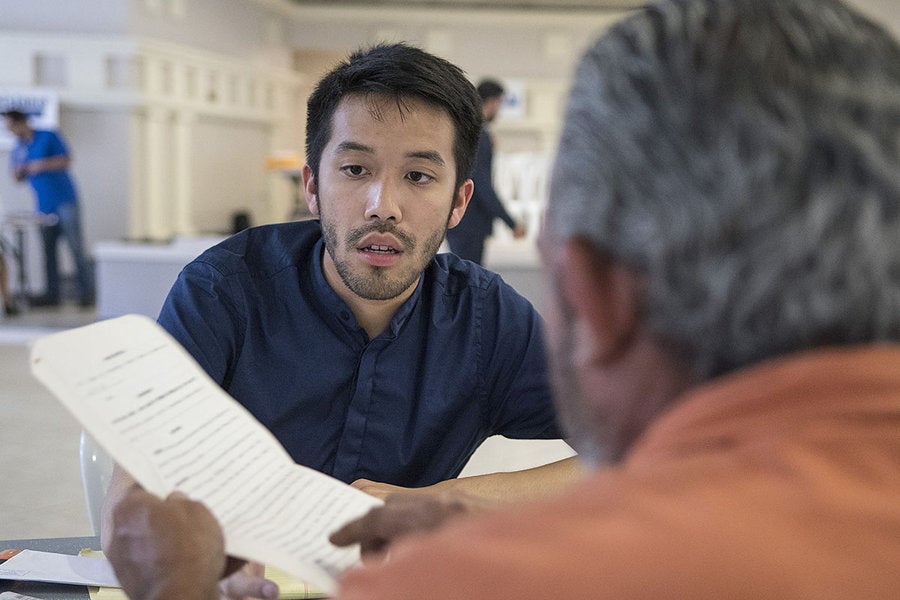
From The Christian Science Monitor: “Spring break in Puerto Rico? After María, that means ‘rebuild,’ not ‘relax'”
Thomas Wolfe ’19: “Examining lead contamination in the Mississippi Delta”
Andrew Patterson ’20: “Spring Break with Project Citizenship”
